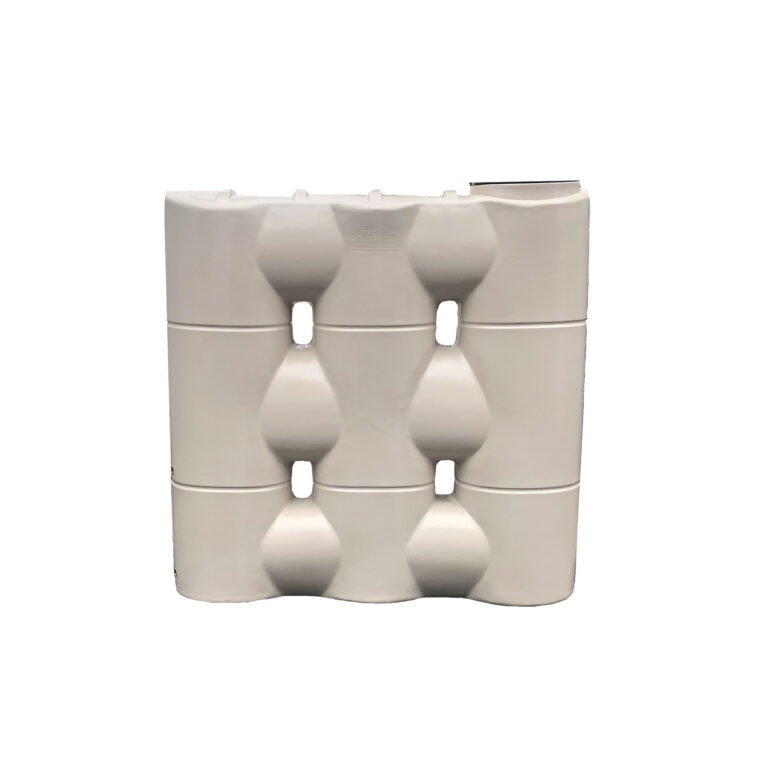Discover the Relevance of Rain Tanks for Sustainable Water Preservation Efforts
In the world of lasting water preservation, the utilization of rainwater tanks stands as a critical method that qualities more detailed examination. The relevance of rainwater storage tanks transcends plain storage space; it symbolizes an aggressive technique in the direction of ecological stewardship and source administration. By exploring the diverse benefits of rain harvesting, a profound understanding of its possible effect on water preservation initiatives arises. Via a lens of usefulness, environmental awareness, and common health, the integration of rainwater containers unveils a tapestry of interconnected benefits that expand much beyond the surface.
Advantages of Rainwater Tanks
Utilizing rain containers provides a useful option for lasting water administration by using nature's resources successfully. Rainwater storage tanks collect and save rainwater that drops on rooftops, which can then be utilized for numerous non-potable objectives, such as watering, cleaning garments, flushing bathrooms, and also for some safe and clean usages with proper therapy. One of the vital benefits of rainwater storage tanks is the reduction of demand on mains water, particularly throughout dry periods or droughts.
Environmental Influence of Rain Harvesting
Rain gathering through using storage tanks presents a sustainable water monitoring exercise with favorable ecological ramifications. By catching rainwater, this technique helps in reducing the demand for keys water system, thus reducing the problem on water therapy plants and decreasing power consumption connected with water circulation. Furthermore, rain harvesting aids in mitigating urban flooding and erosion by reducing the quantity of stormwater runoff. This process additionally adds to groundwater recharge, which is important for maintaining water levels in wells and springtimes, specifically in areas susceptible to drought.
Furthermore, rain harvesting promotes water conservation and reduces dependence on limited water sources. It decreases pollution in water bodies by drawing away rain away from smooth surface areas where it might grab pollutants prior to going into rivers. Applying rainwater containers likewise reduces the strain on communities by decreasing the removal pressure on rivers and streams. On the whole, the environmental impact of rainwater harvesting underscores its importance in progressing lasting water administration techniques.
Rain Tanks for Residential Usage
Having highlighted the ecological benefits of rainwater harvesting, the emphasis currently shifts to the practical application of rain containers for domestic water preservation (Slimline water tanks). Rainwater tanks play a crucial duty in domestic water administration by catching and storing rain that drops on the roof of a house. These storage tanks can vary in size and material, offering house owners versatility in selecting a system that fits their requirements
One of the primary advantages of utilizing rainwater tanks in domestic setups is the decrease in reliance on keys water. By collecting rainwater for non-potable you could try these out uses such as sprinkling gardens, cleaning cars and trucks, purging bathrooms, and doing washing, households can considerably reduce their general water intake and utility costs. Additionally, rainwater is normally devoid of the chemicals found in treated water, making it a preferable option for sure house tasks.
Moreover, rainwater harvesting systems can assist mitigate urban flooding and disintegration by lowering stormwater runoff. By recording rainwater in containers, much less water moves into tornado drains pipes, decreasing the strain on municipal drainage systems throughout heavy rains. Overall, integrating rain tanks into household homes adds to sustainable water conservation initiatives and advertises self-sufficiency in water monitoring.

Economic Benefits of Using Rainwater Containers
The monetary advantages related to the implementation of rainwater tanks in household and commercial settings are considerable and multifaceted. One of the primary financial advantages of using rain tanks is the decrease in water bills. By gathering and saving rain for numerous non-potable usages such as irrigation, commode flushing, and laundry, homeowner can dramatically decrease their dependence on mains water system, resulting in substantial cost financial savings gradually.
Additionally, the installment of rain tanks can enhance property value. In today's eco mindful market, residential properties geared up with lasting features like rain harvesting systems are usually extra appealing to possible buyers, regulating greater asking price and faster sale times.
Furthermore, rainwater containers can assist companies and house owners mitigate the influence of water constraints and varying water costs. By having an additional water resource throughout droughts or durations of boosted water costs, individuals and organizations can much better manage their water-related expenses and maintain operational connection. Generally, the financial advantages of making use of rainwater tanks make them a smart investment for click to find out more long-lasting financial savings and sustainability.
Neighborhood Sustainability With Rain Collection
Thinking about the wider impact beyond specific benefits, the integration of rainwater collection systems in areas plays a vital role in promoting environmental sustainability and resource administration. Neighborhood sustainability with rain collection initiatives not just help in lowering the pressure on municipal water resources but also aids in alleviating the results of urbanization on regional water supply. By installing rainwater tanks in public buildings, parks, and communal spaces, neighborhoods can reduce their reliance on centralized water redirected here resources, leading to a more resistant water supply during droughts or emergency situations.
Furthermore, community-level rain harvesting cultivates a feeling of cumulative responsibility in the direction of water preservation. Ultimately, neighborhood sustainability via rainwater collection not only profits the existing generation but additionally ensures a more sustainable future for generations to come.

Conclusion
